BY TTT NEWS NETWORK
DUBAI, 25 MARCH 2023:
Emirates Flight Training Academy (EFTA), in Dubai South, Dubai World Central (DWC), continues to live up to its promise of offering cutting-edge tech and state-of-the-art aircraft to train pilots of the future and help close the industry’s skills gap. The Academy is now bolstering its current fleet with an order for three twin-engine DA42-VI and its corresponding flight simulator from Diamond Aircraft Industries – a leading manufacturer of aircraft in general aviation, based in Austria. The total deal is worth EUR 4 million in list prices.
The AUSTRO jet-fuel powered DA42-VI aircraft is slated to be the flagship that ushers in multi-engine piston (MEP) training at EFTA.
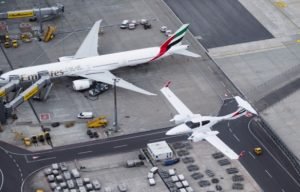
Capt Abdulla Al Hammadi, Vice President Emirates Flight Training Academy, said: “Our new fleet from Diamond Aircraft is part of our larger strategic intent for our cadet programme. It helps us design a bridging MEP programme for cadets to gain more flying experience while progressing from a single engine to a light jet aircraft. It strengthens our offering and makes it more unique, rounded and robust. Our cadets will benefit hugely as they gain experience on three different types of aircraft, even before they’re licensed. The new fleet also helps us go above and beyond on complying with the new GCAA guidelines. The DA42-VI is reliable, eco-friendly and a practical platform for MEP training. We’re confident we’ve made the right choice.”
“We are thrilled that our DA42-VI is the choice for Emirates’ flight training. This, once again, solidifies the aircraft’s position as the industry leading multi-engine piston trainer,” said Liqun (Frank) Zhang, CEO Diamond Aircraft Austria. “With Emirates we are adding another premier flight academy to our long list of renowned training operators and are looking forward to supporting them with the most advanced and eco-friendly aircraft available on the market today.”
The 4-seat DA42-VI is the newest version of Diamond’s technology leading light piston twin-engine aircraft. It’s the first certified general aviation piston aircraft to combine modern technology airframe, avionics, and power plants.
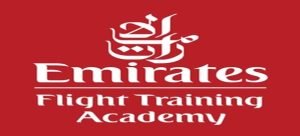
With its unique combination of performance and utility, the jet fuel powered DA42-VI is designed to make transitioning from single to twin engine much easier. The aircraft generates fuel savings of up to 50% compared to conventional AVGAS powered twins, and its panoramic canopy provides excellent visibility during all flight manoeuvres.
Since its introduction, well over 1,100 DA42 aircraft have been delivered, outselling all other certified piston twins combined. The all-composite DA42-VI is equipped with efficient, silent, clean and reliable 168hp jet fuel AUSTRO engines AE300, Garmin G1000 NXi with 3-axis Automatic Flight Control System and optional electrically driven air conditioning.
Aircraft delivery is expected to commence soon, with all three slated to be received by EFTA in the first half of 2023. More than 100 cadets have successfully graduated from EFTA since 2020, creating a strong pilot recruitment pipeline for Emirates and the industry.
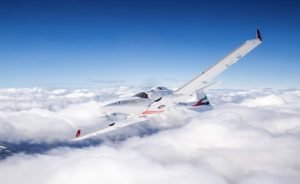
About Emirates Flight Training Academy-
In 2017, Emirates launched the Emirates Flight Training Academy in Dubai South to train UAE nationals and international cadets to become pilots. The Academy combines cutting-edge learning technologies and a modern fleet of 27 training aircraft to train cadets with no previous knowledge of flying. Currently, EFTA’s fleet has 22 x Cirrus SR22 G6 single-engine piston and 5 x Embraer Phenom 100EV very light jet aircraft.
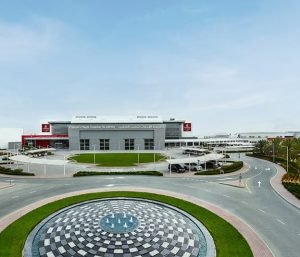
EFTA’s state-of-the-art facility, which is equal to 200 football fields, has 36 modern classrooms, 6 full motion flight simulators, an independent Air Traffic Control Tower, and a dedicated 1,800m long runway.
Ground school (53 weeks): All 36 classrooms are equipped with two 86” touchscreens, running bespoke training software created specifically for EFTA. Cadets undergo 900 hours of training, and access the material via their own devices, which are all connected to each other, creating an interactive training environment. Flying school (250 hours): cadets currently train on simulators, single-engine Cirrus and Phenom jets.

Advertisement:





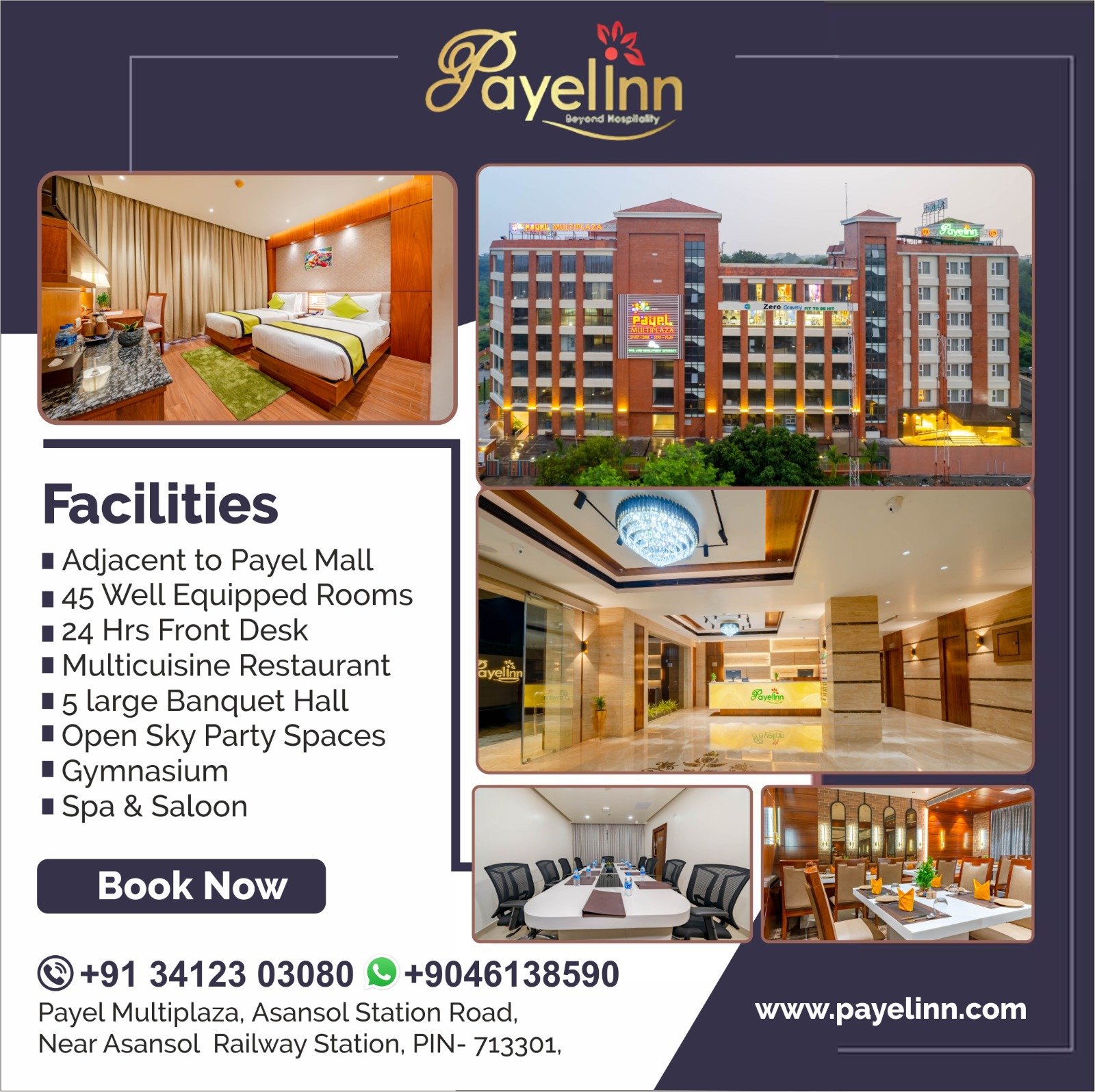







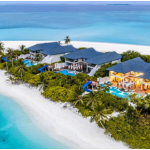

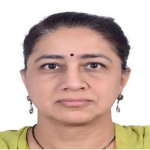



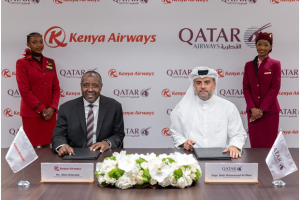
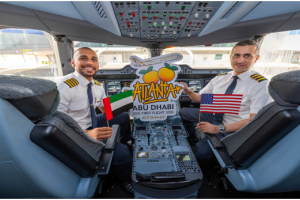
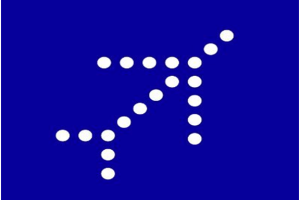







Add Comment